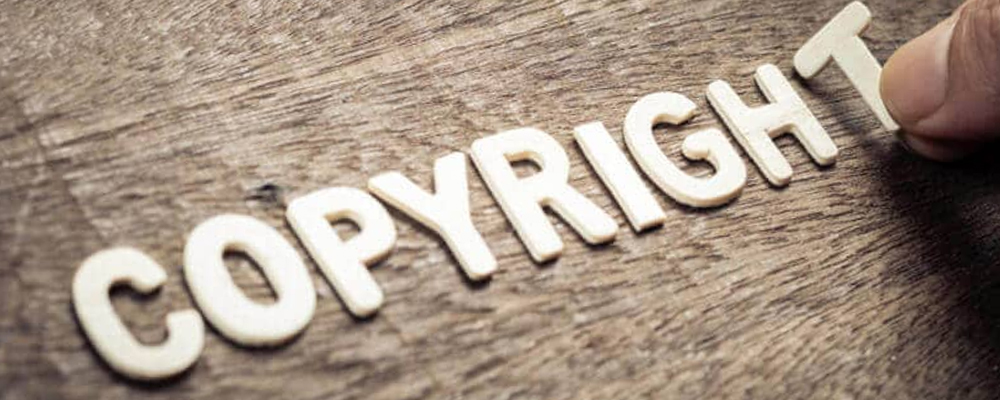An example of intellectual property protection is copyright. It essentially restricts who can reproduce and disseminate your work. This kind of legal defense is frequently utilized for books, movies, and other forms of media, but it also applies to your website. In some legal circumstances, registered copyright can be extremely useful. It gives evidence of ownership and makes it simpler to take legal action against someone who copies and distributes content from your website without your permission. This kind of theft could have a significant effect on your finances if your content earns money, such as through adverts on your blog postings. Because duplicate material does not rank well in search engines, even your original content will have a lower chance of generating organic visitors.
Additionally, there is a chance that interested potential customers will visit the thief’s page rather than yours. You might want to think about regularly checking to see if any of your content has been stolen out of precaution. You may look for duplicate content on other websites using a number of tools, including Copyscape. You can get in touch with the owner of the other site and urge them to take down anything you find objectionable. Making sure that your work is legally protected, however, is the best course of action.
An excellent place to start is by prominently displaying a copyright sign on your website, which can prevent many would-be content thieves. However, registering an actual copyright is an even better course of action and offers your content the best protection.
Need A Legal Advice
The internet is not a lawyer and neither are you. Talk to a real lawyer about your legal issue

Steps to copyright content:
When blog posts are finished, the bloggers will instantly acquire the rights to those posts. Anything that is submitted to a blog page is immediately secured once it is there. Although copyright registration is not required in this way, it does not act as ownership documentation in the event of an infringement. As a result, it is usually advised to register blogs formally. Website and blog copyright registration are possible, both offline and online:
- Complete the application, then pay the required payments.
- Upload each of the necessary documents.
- A diary number will be provided after the application is filed, which is helpful for the subsequent contacts.
- There will be calls for objections as well as the search process. In the event that there are any objections, a response and a hearing date will be scheduled. The examiner will begin the scrutinizing processes if there are no objections.
- Further, discrepancies will be checked; if any are found, the applicant must rectify them. If everything is correct, registration of the copyright should be issued, and the data will be entered into the database.
Pre-requisites of copyrighting content:
Bloggers can gain protection for their work by copyrighting their blogs. But before copyright, there are a few things that every blogger needs to consider:
- The information should be unique.
- There should be some ingenuity involved.
- Ideas are not permitted in the copyright public performance sector; they must be in concrete form.
- Periodically, registrations should be made for the blog posts.
- Copyrighting the contents as soon as they are registered is preferred.
- Excerpts from work may be used in blog posts if they comment on or critique the work in question.
- Make sure there aren’t any false statements on the website or blog. Defamatory statements are not permitted, just negative remarks.
Benefits of copyright:
- It helps to lessen website content and image theft by limiting the reproduction and spread of content.
- Additionally, it serves as proof of ownership.
- It permits the website’s owner to file a lawsuit against anyone attempting to steal your content.
- The original content loses value when it is used for commercial purposes, which could have a detrimental financial effect on the website owner.
- There is a danger that duplicate content will send potential consumers to the rival website and reduce the number of visits per profile on the first website.
On the application form of copyright, each website component that you want to have copyright protection must be listed. Similar to this, after registration of a website is complete, any works that are featured on a website are protected by copyright. There should be a separate registration for additional content. Moreover, before claiming infringement, fair use guidelines should be taken into account.
It is always advisable to register legally, even though website owners have access to copyright as soon as their content is released. While the procedure of copyrighting the material on your website can be time-consuming, it necessitates a little effort and has significant advantages for your website. You can secure your website and your income by taking the time to register your online material. Although marriage registration is not required in India, it would be practical if every Indian citizen did so for the benefit of their country’s society. Only those rights that are intended for the protection of citizens should be adopted.





 Talk to a Lawyer
Talk to a Lawyer